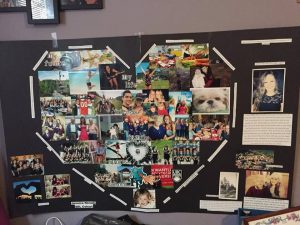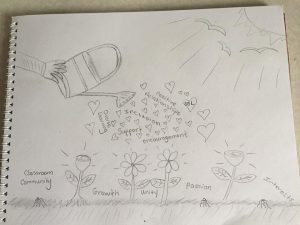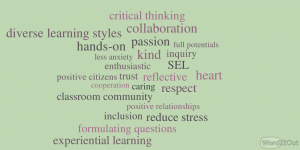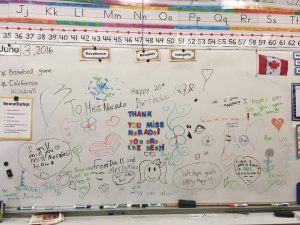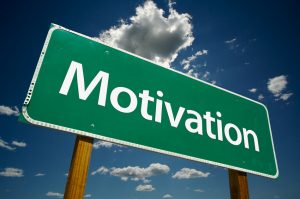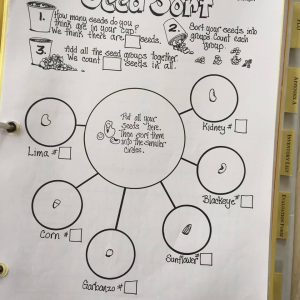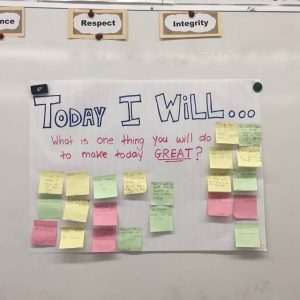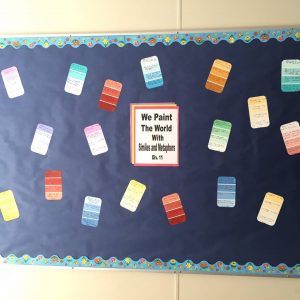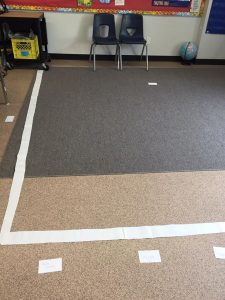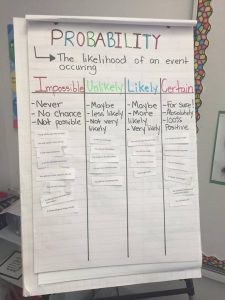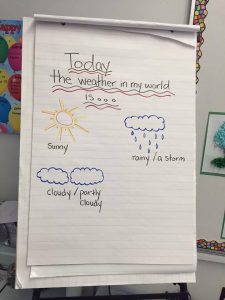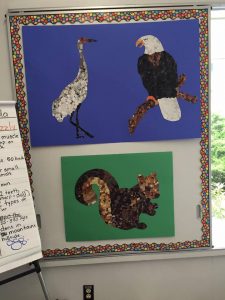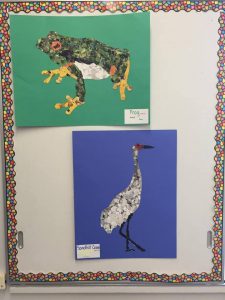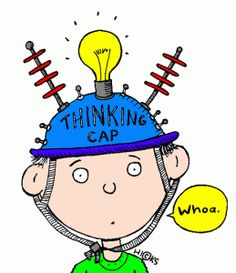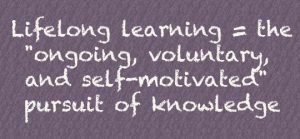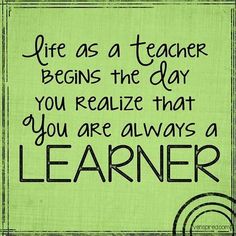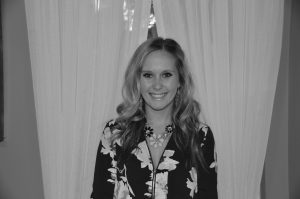
Hello, my name is Jessica and for as long as I can remember I have always wanted to be a teacher. It began as early as grade 1 when I had the most amazing, supportive and kind teacher, Mrs. Webster. She always had her students best interests at heart and was so genuine and caring and was motivated by wanting her students to succeed. I don’t necessarily remember every single thing that she taught me but I have never forgotten how she made me feel. Her charisma, enthusiasm and big heart has motivated me after all of these years to be a teacher just like her. My learning journey really did begin here, at Coyote Creek Elementary school.
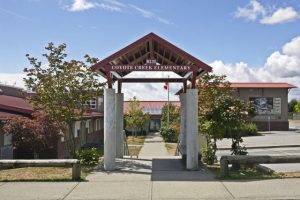
My learning journey has been filled with amazing teachers who I don’t only see as my teachers but rather mentors. I went on to attend Fleetwood Park Secondary where I had teachers who motivated me to try my best and that I can accomplish anything that I set my mind to. These teachers were my coaches on numerous sports teams, my encouragement when I felt like giving up and my continuous source of knowledge when I didn’t have the answers. They drove me to better myself and with their support, I felt like I could accomplish anything and everything. I began to see teaching in a different light. Teaching didn’t just consist of simply teaching your students new information but it was more about creating those positive teacher-student relationships that are built around trust and respect. It consists of collaboration and guidance and being a positive role-model for your students. I realized that my teachers at Fleetwood Park were my role-models who I looked up to and this further motivated me to want to have that same impact on my students one day.

After high school ended, I began volunteering with amazing non-profit organizations such as the Canucks Autism Network and the Special Olympics of B.C. By working with these organizations my love for helping others grew tremendously. I developed a strong passion for trying to make a difference in peoples lives. Looking back on volunteering with the Canucks Autism Network I have so many amazing memories and to this day I remember all of the children that I worked with fondly; they all had a huge impact on my life. Some days these children with Autism were having a lot of difficulty and the activities that I was assisting them with were outside of their comfort zones. In this case I had to be their support, their motivation that they could accomplish the task, and their leader. When I got through to these kids and they did something they had never done before, I would see their faces light up and it was the greatest, most rewarding feeling in the world! They felt accomplished and proud and huge smiles would come across their faces. I remember one child was terrified of doing the back stroke during the swim program because he was terrified of getting his ears in the water. I assisted him in everyway possible and he finally did it! I could tell after that he was so proud that he had accomplished this and that he felt like he was on top of the world! My passion for helping others grew through these experiences.
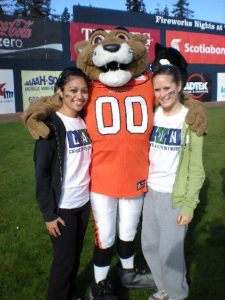

I began attending UBC and was enrolled into the education program. I remember thinking how terrified I was to begin my 10-week practicum and that maybe I couldn’t do it. My fear was taking over but after I watched this video everything clicked for me. I’m not going to know all of the answers right away and I will have those feelings that ‘I can’t do it’ or ‘I’m not supposed to be here’ but that’s okay. It’s going to be uncomfortable and confusing but it’s through those uncertain times that we truly grow. The line that stuck with me from this video was, “fake it until you BECOME IT!” I remember repeating that to myself countless times throughout my practicum especially during those times where I didn’t feel like I could do it. After repeating it to myself, it became easier and slowly I found myself actually becoming a teacher. This video helped get me through a time of uncertainty and steered me in the right direction towards becoming a teacher and letting go of all my insecurities.
“FAKE IT UNTIL YOU BECOME IT!”
I have experienced many enriching, heart-felt experiences over the years that have further pointed me in the direction of the teaching profession. My friends and family have further molded me into the person I am today and through their love and support I felt like I could reach for my dreams. These critical moments in my life have made me further realize that teaching is what I am meant to do. I cannot wait to start this exciting journey of teaching!
